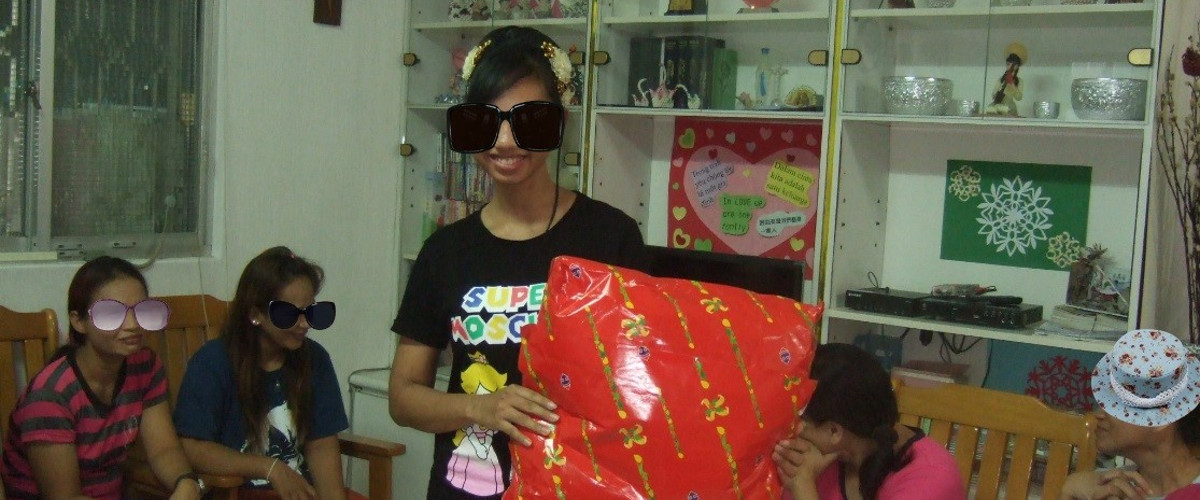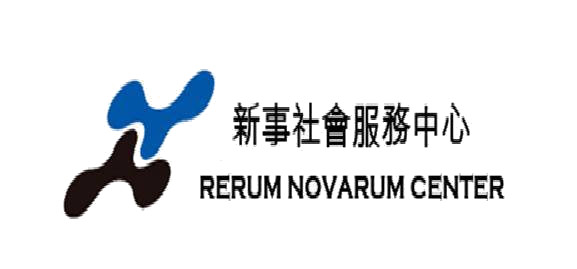
Lily went to Taiwan from Indonesia to work as a caregiver, but after only two months of working, she had lost 12 kilogrammes. The sons of her employer, dissatisfied with her work, had beat her up, cracking her ribs and jaw bone and inflicting bruises all over her body. Because of the beatings, she suffered rhabdomyolysis, which is a severe muscle injury. She was also repeatedly sexually harassed by one of the sons. Her employer lied to the manpower agency that Lily had run away when in fact, she was locked inside the house. After a month, Lily escaped by climbing out of a fourth floor window.
Unfortunately, Lily’s story is not unique. “In Taiwan many workers are forced to do heavy work, which are not in their contract, and they have no freedom to go out for help. Some are badly treated and suffer from violence or sexual abuse,” shared Sr Wei Wei MMB who retired as Rerum Novarum Center Director this year after 22 years.

“Our law allows victims of human trafficking or sexual abuse to transfer to a new employer. So sometimes the prosecutor thinks that the migrant workers’ stories of sexual abuse are fake and they just want to change employers,” she explained. “But when I talk to these women, I can tell whether they are real victims or not. We in the centre know better than the prosecutors!”
According to Sr Wei Wei, non-government organisations and Catholic groups in Taiwan often unite to help these women. “Our duty is to push the government to gather sufficient evidence to prove that the migrant workers are innocent,” she said. To hasten the investigation process, the centre helps in translation. “We follow up and keep an eye on the government officers to ensure that they are fair and not prejudiced against the migrant workers,” she added.
Some cases have been successfully filed by the District Prosecutors Office, and Lily’s case is one of them. Her employer and the two sons who abused her are now facing charges for injury, forced indecency and other criminal offenses based on the Human Trafficking Prevention Law.
It was in the Rerum Novarum Center shelter that Lily found support from fellow victims of abuse and the centre’s staff. The bilingual social workers accompanied her throughout her medical treatment and rehabilitation, in getting her transcript and helping her apply for legal assistance, connecting her with a lawyer and accompanying her in court.
With the help of a life counsellor, Lily was also able to vent out all the pain and grievances that had accumulated in her heart. Gradually, she was able to open her heart again, smile and greet anyone she met. She increased her knowledge of legal rights and her skills in caregiving and computer use through various training programmes in the shelter. Through multicultural activities, Lily also showed her artistic talent.
Lily has recovered, both physically and mentally. She has found a new job and is starting a new life. The protection and assistance she received has inspired her to be a “little” ambassador of the centre, taking the initiative to tell other victims of abuse of the centre’s concern for migrant workers. Through her example, Lily gives women like her courage to seek help and, ultimately, hope that life in a foreign land can be better.






